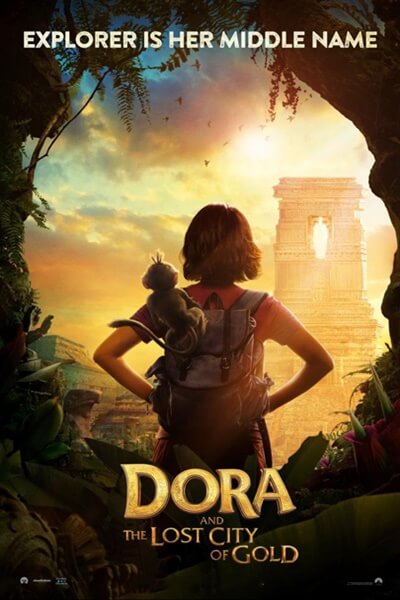
Michael Peña
Biography

Michael Peña was born and raised in Chicago, to Nicolasa, a social worker, and Eleuterio Peña, who worked at a button factory. His parents were originally from Mexico. After graduating from high school, he went to an open casting call for the Peter Bogdanovich feature To Sir, with Love II (1996), and to his surprise, beat out hundreds of other young men for a role. After relocating to Los Angeles Peña quickly booked a succession of roles in features including Star Maps, My Fellow Americans (1996) (opposite Jack Lemmon and James Garner), La Cucaracha (1998) (winner of the Best Picture in the Austin Film Festival), Bellyfruit (1999), and the Disney/Jerry Bruckheimer feature Gone in 60 Seconds (2000). Michael resides in Los Angeles, where he plays bass guitar with his band, plays golf, and boxes for relaxation.

Brie Shaffer (2006 - present) ( 1 child)
Trivia
One of his first jobs was working in a bank.
Is Mexican-American. His father was from Villa Purificación in Jalisco and his mother was from Charcas in San Luis Potosí.
Michael welcomed his first child, a boy named Roman, with his wife, Brie Shaffer, in September 2008.
He appeared in 5 movies nominated for the Best Picture Academy Award - Million Dollar Baby (2004), Crash (2005), Babel (2006), American Hustle (2013), and The Martian (2015) - with the first two movies winning consecutively.
He has worked with 4 directors who have won a Best Director Oscar: Clint Eastwood, Oliver Stone, Alejandro G. Iñárritu, and Robert Redford.
Friends with William Lee Scott.
A profile of Peña revealed that for every film he's cast in, he asks the writers to include a reference to his character being Mexican-American at some point. Peña related that since he gets to mainly play characters who are not stereotypes & clichés, but are smart, funny, and have good/interesting jobs, he loves the fact that mentioning his own heritage in that context will be a source of pride to Mexican-American fans who go to his films.
Personal Quotes 
I'm just an actor. If it's drama, I add as much humor as the part will stand. And if it's a comedy, add as much drama as you can, so it balances out; you don't wanna be too serious.
I guess people recognize me, but I'm not a household name. Two out of every five people who come up to me know my name. The one thing I don't want is to be followed by paparazzi.
My first ten years in Hollywood were really tough. I'd be coaching friends who came to me for acting advice, and then they'd make it before I did. I'd still be helping them while they were on movie sets and I had four lines on a TV show.
The joy of 'Crash' was that it was all about the work. It was my first real part. Before that, it was a line here and there, maybe a scene. 'Crash' was five scenes, a beautiful arc, a little vignette of my own. It really meant something.
I think writing is the most underrated thing in Hollywood.
I want to do more sci-fi films. I want to play half-alien, half-illegal alien.
A good comic explores the imagination, but it's always got to have those notes of truth running through it.
It's so interesting to watch Ben Stiller work because he just knows what's funny.
I grew up reading the newspapers, mostly the sports section. I was a wrestler and would check to see if I was ranked.
I used to tour with this band. I was a drummer. I would tour a bunch for about 10 months out of the year and act for about two months. I would make what I needed from acting and would stretch it out.
I've always noticed that girls cry way easier than guys do.
Well, I always heard about it from people talking about Dianetics, and I was interested. But really, how I got into Scientology was when I was living in LA. The house I was in was pretty big and I was living pretty well, having all the amenities that a young Hollywood kid would have. But I wasn't happy. And I remember seeing Jenna Elfman being interviewed by Barbara Walters or maybe on 20/20, one of those shows. She said something like, Scientology enables you to be the real you without all that other stuff. My roommate was flipping through the channels, so it was like a 6-second deal, but I really cognited on that. I was like, "Wow! That sounds amazing." Not only did it sound amazing, but it sounded true and very practical. I thought, "Wow, if Scientology is for real, I want part of it." So I literally just walked into the church and asked, "How do I start? How do I become a Scientologist?"





















